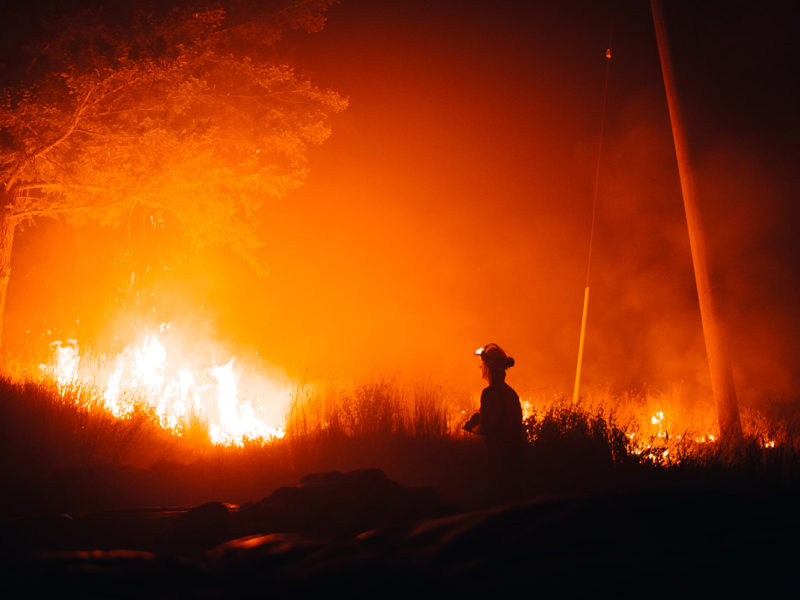An active, early start to the wildfire season in BC led the province to declare a state of emergency July 20, the first sparked by wildfire since 2018.
Two quiet seasons have given way to one with the potential to rival the record seasons of 2017 and 2018, as high temperatures and low moisture combined to push the number of wildfires towards the 10-year average of 1,356. And it’s only July.
“We are pleased that the province has now declared a state of emergency,” says Kevin Boon, general manager of the BC Cattlemen’s Association.
Boon says the fires started early this year. An unprecedented heatwave at the end of June baked country that, in many cases, hadn’t seen rain since spring. Wildfires didn’t trigger a state of emergency in 2018 until August 15, making this year’s declaration notably early.
However, the benchmark for many remains the 2017 wildfire season, which devastated many ranching communities and burned nearly 3 million acres. Ranchers lost hundreds of animals as well as fences, outbuildings and other infrastructure. A state of emergency was declared July 7 and lasted 70 days.
“This was the longest provincial state of emergency in the province’s history, and the first to be declared since the 2003 firestorm,” notes the BC Wildfire Service.
This year, just a half-million acres have burned, but there is little relief in sight. Current forecasts indicate the province will see above-average temperatures and little rainfall for the rest of the summer.
While the province was quick to trumpet assistance to ranchers in past years, it’s taken a low-key approach this summer. BC Ministry of Agriculture, Food and Fisheries have been unable to say how many head of livestock have been relocated or provide any other details on assistance to ranchers.
Boon says the BC Wildfire Service has been more cognizant of agricultural impacts this year, but ranchers know they’ve got to do their part.
Many ranchers, aware of the extremely high fire risk, have fit their horses with rubber shoes or left them shoeless for the summer, a common practice to prevent sparking fires accidentally.
“You watch a horse go down a gravel road at night, you’d be amazed at the sparks that fly from the metal horse shoes,” says Boon.
With files from Tom Walker


 BC Blueberry Council gets a new chair
BC Blueberry Council gets a new chair